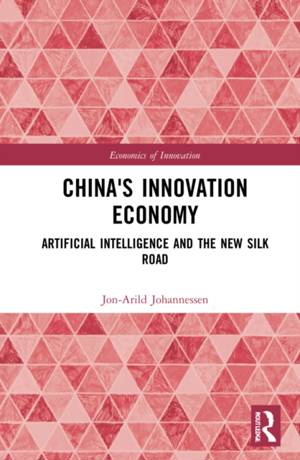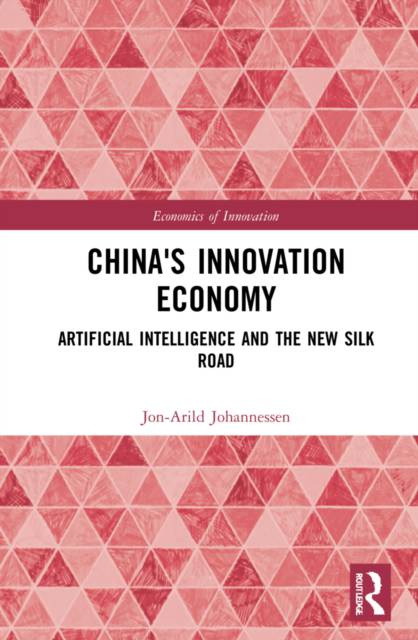
- Afhalen na 1 uur in een winkel met voorraad
- Gratis thuislevering in België vanaf € 30
- Ruim aanbod met 7 miljoen producten
- Afhalen na 1 uur in een winkel met voorraad
- Gratis thuislevering in België vanaf € 30
- Ruim aanbod met 7 miljoen producten
Omschrijving
Two trends will have more influence than anything else on the world's future political and economic situation: the development of artificial intelligence and the emergence of China as a competitor to the United States on the international stage.
This book is about the emerging innovation economy. It uses systems theory and evolutionary economics as a theoretical point of departure and explains why the focal point of the geopolitical stage is moving away from the alliance between the United States and Europe, and towards an alliance between China, the 14 Regional Comprehensive Economic Partnership countries, the countries along the new silk road, and Europe.
The book argues that the globalization strategy of neoliberalism laid the foundation for the Chinese economic engine. Whereas the old globalization was driven by cost differences generally, and wage costs specifically, the new globalization is driven by divergence in competence in general, and technological competence in particular, and China's primary goal is to develop artificial intelligence and intelligent robots. Further, the book posits that the interactions between the climate crisis and the new technology will change production, distribution and the creation of profits, both in China and more widely in the global innovation economy. The book develops a structure to describe, analyze and explain the Chinese innovation economy and contributes to the discussion regarding technological developments in China.
The book is written for readers who are oriented towards the new globalization that is emerging in the innovation economy and the factors driving China's economic growth.
Specificaties
Betrokkenen
- Auteur(s):
- Uitgeverij:
Inhoud
- Aantal bladzijden:
- 164
- Taal:
- Engels
- Reeks:
Eigenschappen
- Productcode (EAN):
- 9781032078762
- Verschijningsdatum:
- 30/09/2021
- Uitvoering:
- Hardcover
- Formaat:
- Genaaid
- Afmetingen:
- 156 mm x 234 mm
- Gewicht:
- 417 g

Alleen bij Standaard Boekhandel
Beoordelingen
We publiceren alleen reviews die voldoen aan de voorwaarden voor reviews. Bekijk onze voorwaarden voor reviews.









